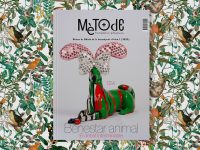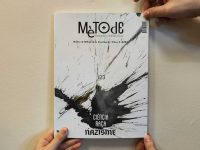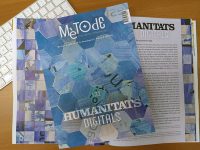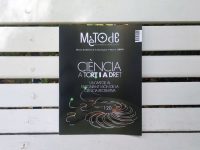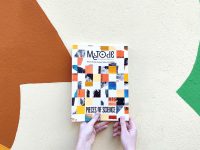The origin of human societies under analysis in Mètode
New monograph: «Social life: A natural history of societies»
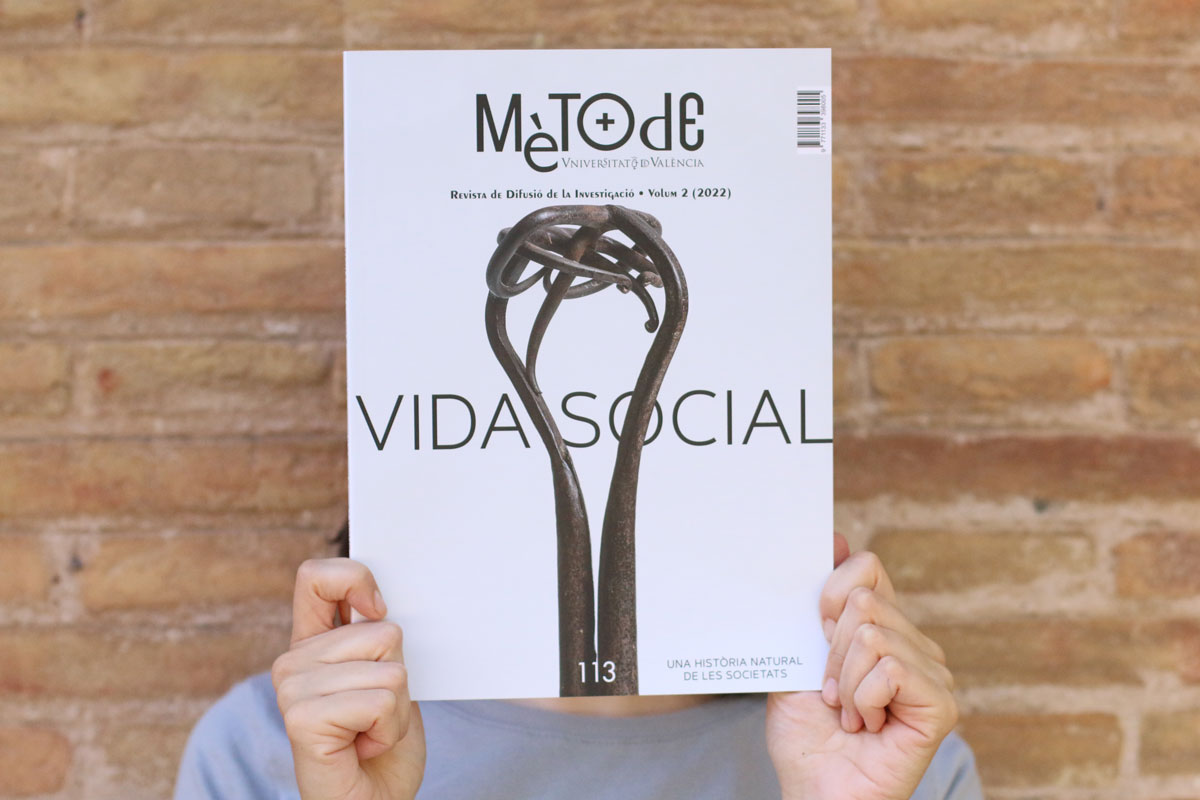
What is the role of cooperation in our evolution? Why do we have social norms? How did cities come into existence? How has civilisation been shaped by the way we feed ourselves? These and others are the questions answered in the new issue of the journal Mètode, «Vida social», a monograph dedicated to analysing the origin of human societies, coordinated by professors Juli Peretó (University of Valencia) and Jaume Bertranpetit (Pompeu Fabra University in Barcelona). Specialists from different areas participate in the issue and provide a multidisciplinary perspective from evolutionary biology, archaeology, history, ecology, and architecture, with contributions by Pau Carazo, Anna Bach Gómez, Laureano Castro and Miguel A. Toro, Greg Woolf, Carolyn Steel, and Salva Duran-Nebreda and Sergi Valverde.
As the coordinators explain, «in order to understand the foundations of this human social organisation, we must look for the adaptive advantages that social structures may have had in the history of life and understand which features seem to follow genuine biological vectors». The monograph is illustrated with sculptures by Vicent Ortí, who, using materials such as iron, wood, and stone, takes us back to the very origins of our human societies.
Air quality, resistant bacteria, and prehistory with a gender perspective
In addition, the new issue of Mètode also includes, as usual, other articles dealing with topics such as air pollution or the evolution of antibiotic resistance. There is also a historical look at Taxol, one of the most valuable anti-tumour drugs at our disposal, and an in-depth report on the natural resources of Western Sahara and the vested interests behind them. The issue also includes two interviews, one with neuroscientist Lori Marino, who talks about the impact of captivity on animals, and another with Marylène Patou-Mathis, French preshitoriologist and author of the book Prehistoric Man is also a Woman. As always, this new issue of Mètode is rounded off with the usual contributions by Xurxo Mariño, Enric Marco i Soler, Josep Roselló, Pau Carazo, JM Mulet, Chantal Ferrer, M. Alma Bracho, Pere Estupinyà, Fernando Ballesteros, Gemma Marfany, Roberto García-Roa and Ramon Folch.

